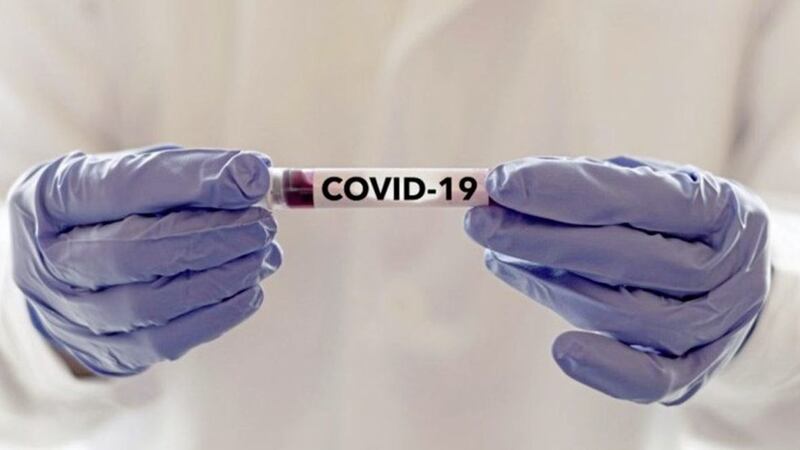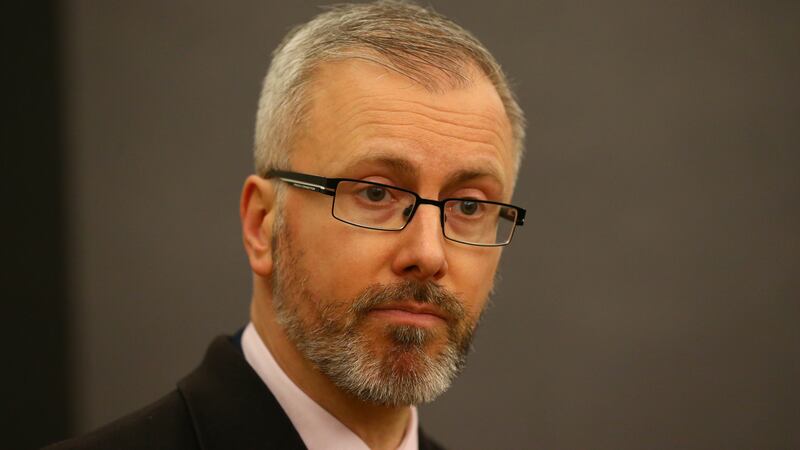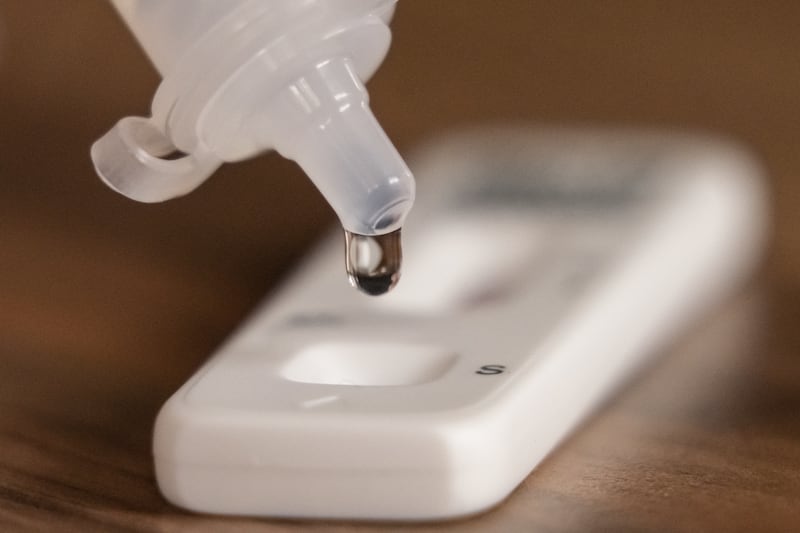Eight more people who tested positive have lost their lives to Covid-19 in the Republic of Ireland.
The death toll in the south now stands at 1,658. A further 10 people have tested positive for coronavirus.
The Republic is still on phase one of its planned exit from lockdown but is expected to make an announcement about phase two at the end of this week.
In Northern Ireland the Department of Health confirmed that two more people who had tested positive for Covid-19 died in the 24 hours up to 10am today.
The death toll in the north for people who have tested positive is 526.
Meanwhile, a large number of people are using public transport to make non-essential journeys, the head of the Republic's National Transport Authority has claimed.
Chief executive Anne Graham said this is using up capacity planned for Phase Two of the Republic of Ireland’s exit from lockdown, which is set to come into force on Monday.
Ms Graham told the Dail Covid-19 committee that travel demand in the first easing of restrictions has been higher than expected.
She said lockdown restrictions have had a “profound and ongoing impact on the demand for public transport”.
“Daily demand is now typically between 10% and 20% of what it was prior to mid-March,” she said.
“Weekly demand in early March was approximately 5.6 million passengers. By mid-April this had declined to 500,000 passengers – less than 9% of normal demand levels.
“Although demand remains very low, some recovery in passenger numbers has been apparent in recent weeks, increasing from 500,000 weekly passengers in mid-April to approximately 700,000 in mid-May prior to the easing of restrictions.”
She added that the pattern of travel on public transport has “changed radically” and is not likely to immediately return to the same patterns from before the pandemic.
The transport authority has called for a number of measures including encouraging organisations to continue to facilitate working from home, online shopping and appointments, staggered work start times, and longer opening hours to spread demand out of peak.
The secretary general of the Department of Foreign Affairs and Trade, Niall Burgess, said officials have faced “unprecedented challenges” that have necessitated a co-ordinated response of “extraordinary scale”.
He said a helpline to provide support to Irish citizens abroad received up to 2,000 calls per day.
“By the end of May, the Crisis Centre had handled over 20,000 contacts from Irish citizens at home and abroad,” Mr Burgess added.
“To date, we have advised and assisted well over 6,000 citizens in returning home from 129 countries.
“Although great progress has been achieved in responding to the many consular challenges posed by Covid-19, this operation is far from over.
“At present, we are aware of some 1,000 citizens dispersed across many countries, some in remote locations, with an interest in returning home and we are working with them to provide advice and help them with access to essential local services.
“The potential future challenges which our citizens face will depend to a large extent on the evolution of the pandemic over the coming months.
“In the meantime, we have also established a dedicated Covid-19 Response Fund for Irish Communities Abroad designed to protect the elderly, to provide mental health support and to meet the needs of those made newly vulnerable by the pandemic.”
The Government has advised people to wear face coverings while using public transport, but there have been reports that few people have been following the advice.
Green Party TD Joe O’Brien told the committee that while travelling to Leinster House on public transport on Tuesday he was the only person wearing a face mask.
“That’s particularly worrying in the context that we are moving to Phase Two on Monday and there will be a lot more people looking for public transport,” he told the Dail.
“We have gotten a lot more lax in terms of restrictions and I think Monday could see a very difficult situation for public transport providers because face masks are not being worn.”
Jim Breslin, secretary general at the Department of Health, told the committee that international passenger numbers are around 1% of usual volumes.
He added: “The right time to put special conditions on people who are proposing to travel is now.
“We need to maintain awareness that the danger has not passed, and that people are taking a risk of spreading the virus by engaging in non-essential travel.”








